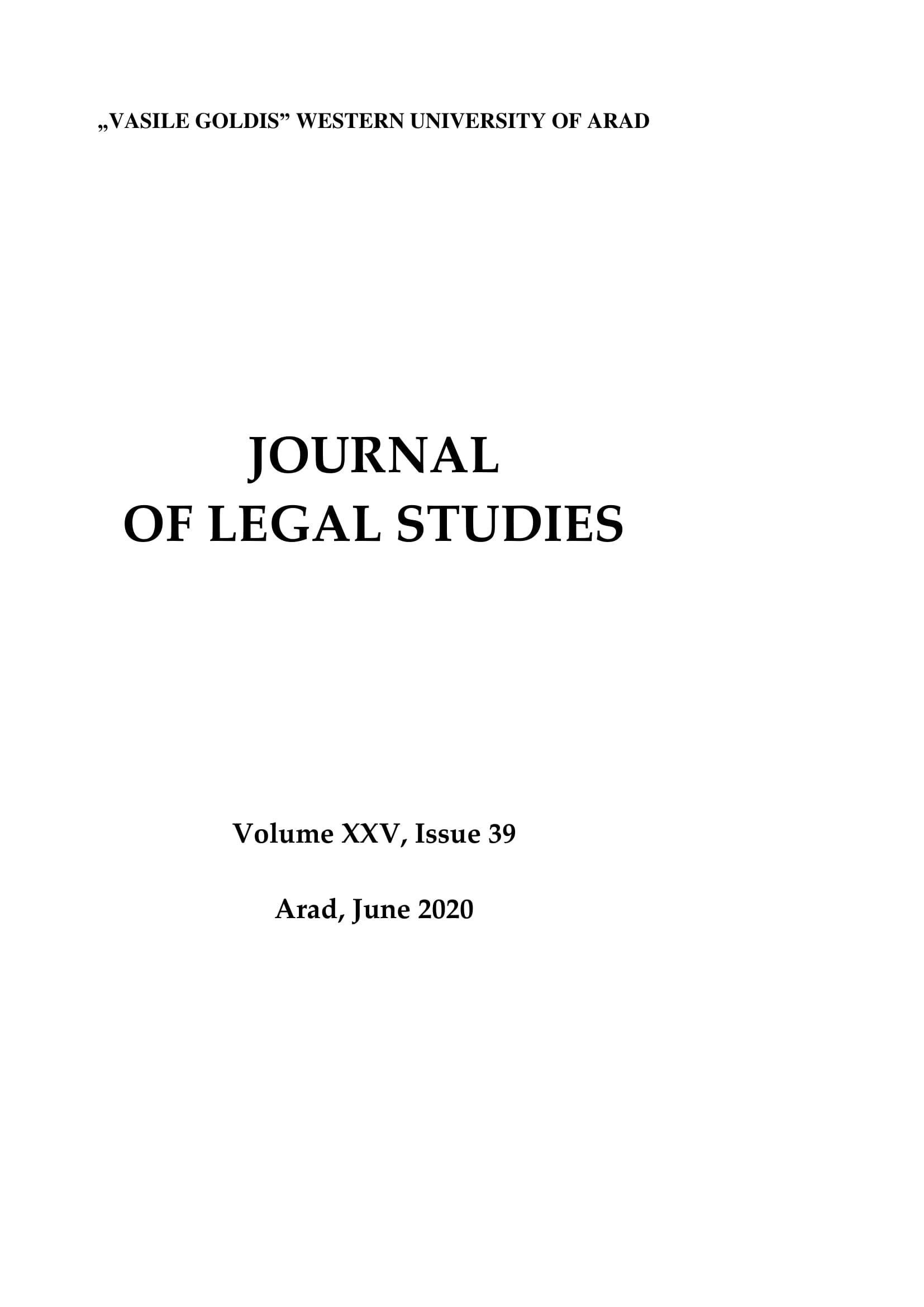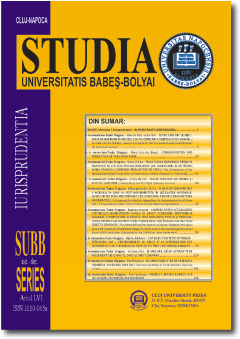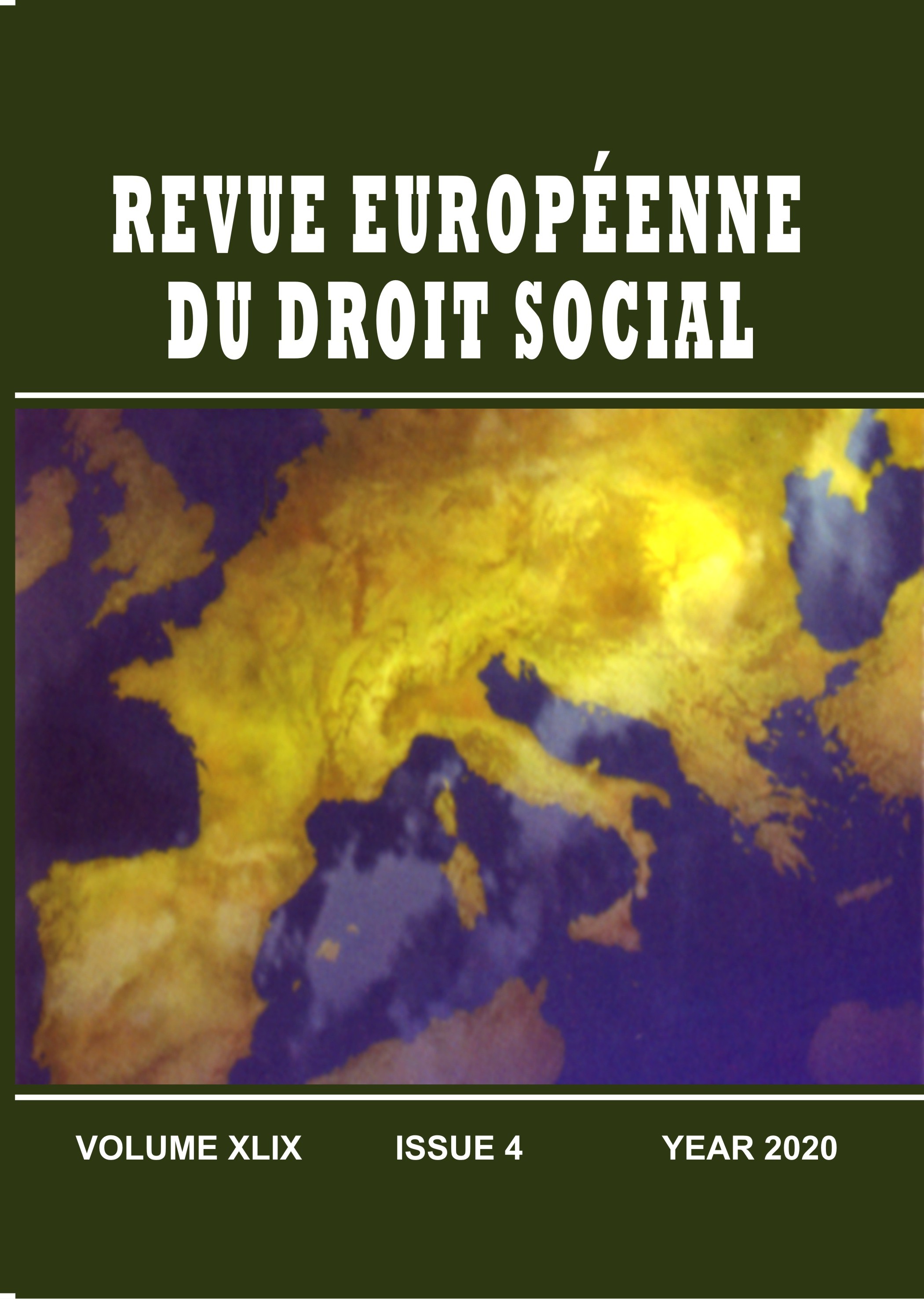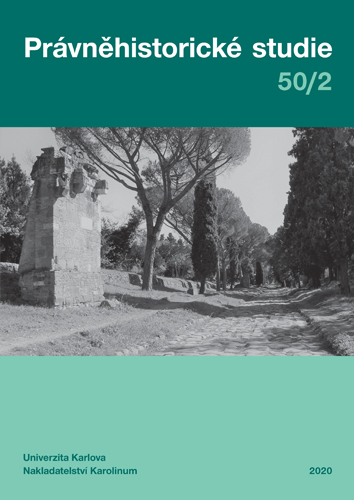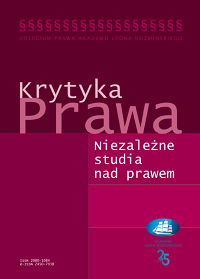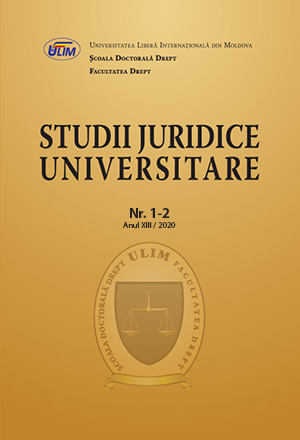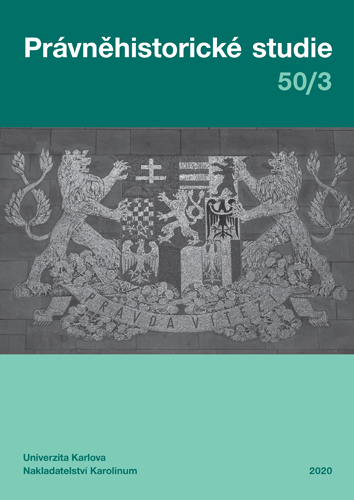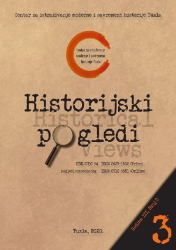
POJAM I OBILJEŽJA NASLJEĐIVANJA U RIMSKOM PRAVU
Bosnia and Herzegovina belongs to the circle of countries of the Romano-Germanic legal system, and whose roots go back to the time of the ancient Roman leges regiae. In this paper, we present the concept of the development of inheritance law from the original institutes, which over time became very inefficient. Thus, the original agnatic kinship, which was the main reason for inheriting and constituting legal inheritance orders, was upgraded with cognate kinship even in the period of the development of part-time law. At the same time, both types of kinship existed in parallel, so that the final cognate kinship in the last phase of the development of law would be the only type of kinship that was relevant in inheritance-legal relations. Over time, Roman citizens put pressure on the authorities to enact regulations that would replace inefficient institutions of inheritance law with more efficient and socially acceptable ones. How the authorities in ancient Rome dealt with the legal illogicalities and inefficient institutes by replacing them with more efficient ones is shown in the paper before you.
More...
